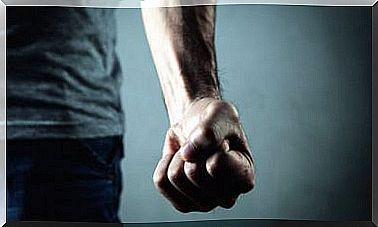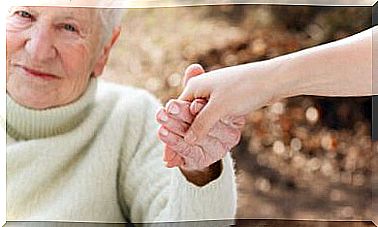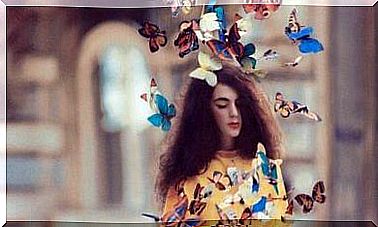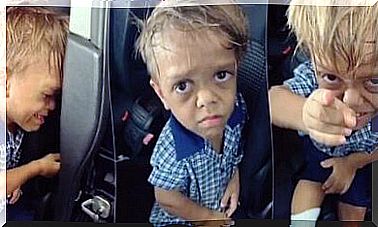I Did Not Choose My Depression: Do Not Judge Me Or Label Me
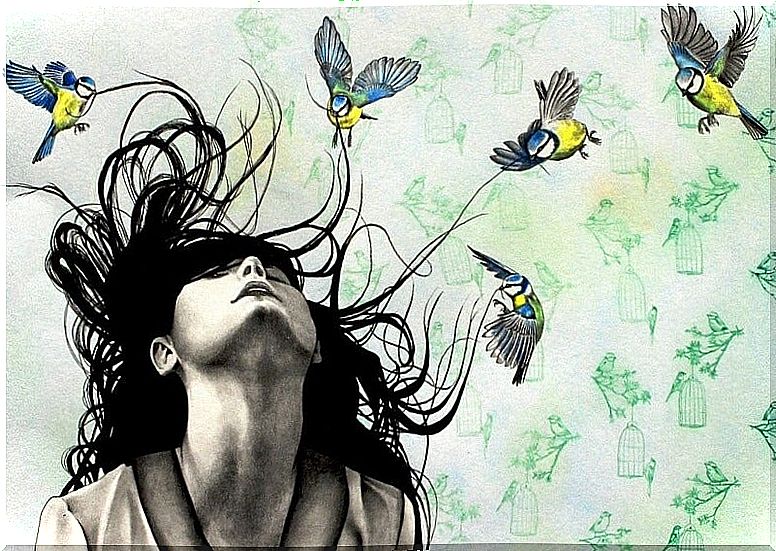
Depression is the most misunderstood disease and on which a real social stigma is built, in many cases. There are those who trivialize it, who associate it with weakness or lack of courage, when in reality, no one can understand the internal battles and the courage that it takes just to get out of bed and open a window to the new day.
According to data from the WHO (World Health Organization), depression will be the leading cause of disability in the world in 2030 and, despite this, it continues to be one of the diseases that is most difficult to diagnose and that gives the most sense of isolation. social and incomprehension produces in the patient.
Although it is always very complex to understand what mechanisms move the emotional, social and neurochemical gears of depression, what we are clear about is that a good social network and the quality of day-to-day interactions are key factors for treatment of this disease. We invite you to reflect on it.
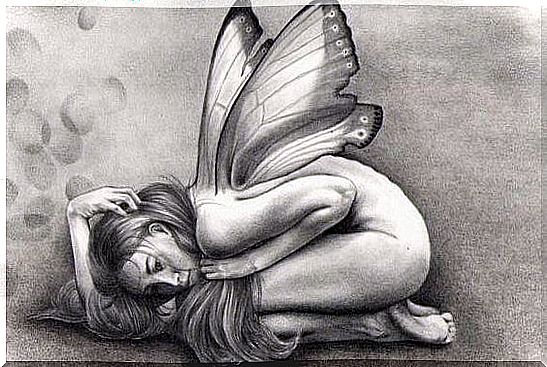
The social stigma of depression
When a person is diagnosed as suffering from depression, their closest social context does not know how to react. The coworker will tell him that “get well soon” , a relative will tell him that of “he inherited it from his mother” , and a few, the most sensible ones, will look the loved one face to face and say “I’m here , with you, I am not going to let you fall ”.
If we ask ourselves now why it is so difficult for most people to put themselves in the shoes of a person suffering from depression, we must remember that, in general, mental illnesses have long been the great misunderstood, those always confined stigmas to the field of the absurd and the irrational of which it was better not to speak or, even more, to hide.
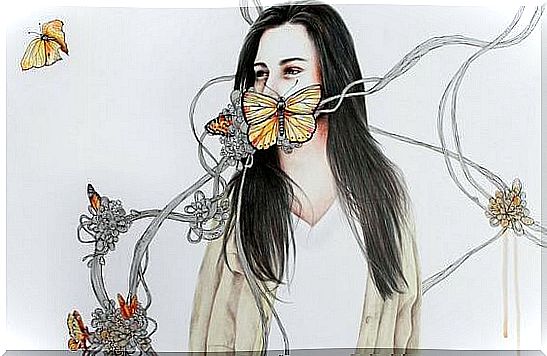
The impact of social rejection on the depressed brain
Thanks to an interesting study carried out at the University of Michigan (United States), it was discovered that when a person without depression feels social rejection, the brain reacts through a sophisticated defense mechanism : it secretes a type of natural painkiller to minimize damage and allow us to react more or less effectively.
Now a depressed brain is going to give a very different answer. When he perceives the misunderstanding of his environment or the inappropriate comment of that relative who comments that of “you have to cheer up, one cannot be sad all day”, his brain, far from receiving dopamine and other painkillers, becomes even more immunosuppressed.
Although we are clear that each of us will react in one way or another to social rejection, the person with depression “regresses” to this type of situation. It is necessary, above all, to offer him a greater number of positive interactions to favor improvements, advances. However, now let’s see how we should treat, interact and help a person with depression.
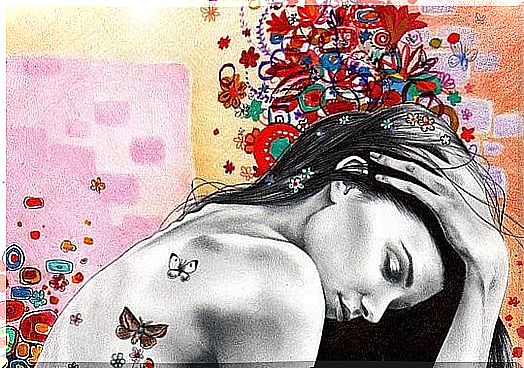
- and that its triggers always revolve around the rhythm of life, stress, responsibilities, fear, loneliness, uncertainty … Empathize with this, depression can also affect us.
- . You may not want to take the medication, you may choose to lock yourself in your room rather than go out for a walk, do not let it stay in the dark, do not allow it to become its own disease.
- . Depression takes time, requires adequate personal restructuring and each patient is different, each person needs their strategies. Help him find his own, that which can restore his illusion. Be their facilitator, be their guide in that battle where all together you will rise victorious …
